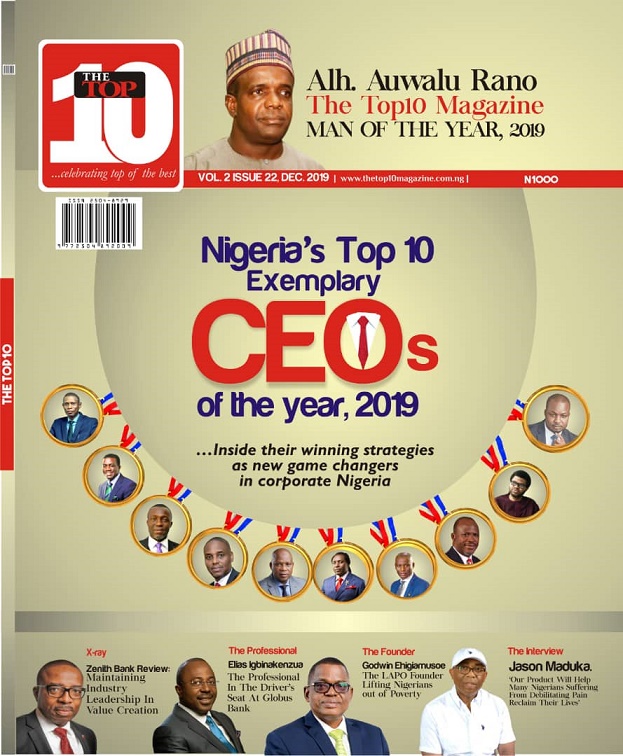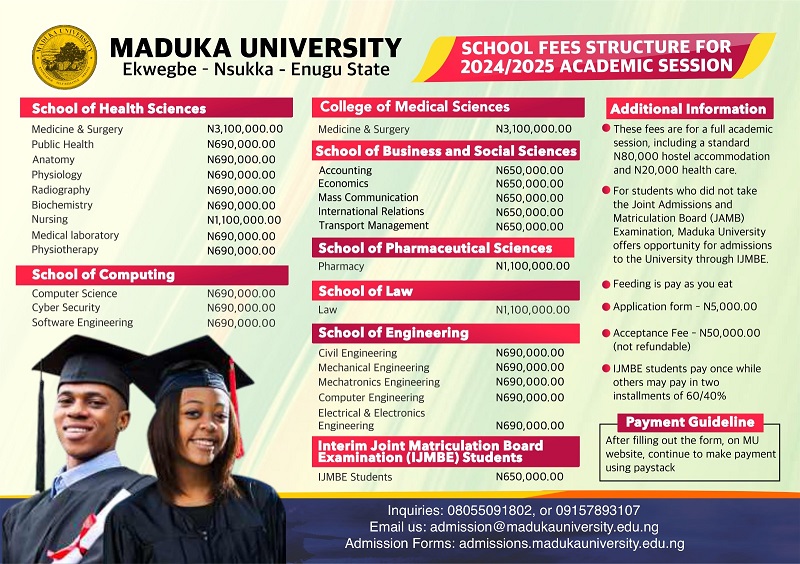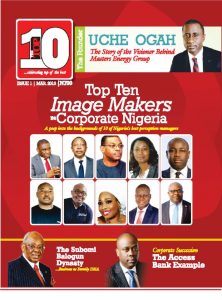
Corporate and organizational leadership came under more pressure than ever before in 2019. Weak economic growth fueled unemployment and trimmed consumer spending further. A flight of investment capital induced by concerns over the 2019 general elections exacerbated the challenges.

Inability to improve sales amid rising cost became a battle line for CEOs all the way. Closure of land borders cut off significant export markets for many businesses and supply shortages of basic goods spiked off inflation. Pressure was on everyone everywhere in an effort to escape hardship.

This found expression in heightened demands by stakeholders and the general society from corporate boards and governments. Intense pressure to deliver improved results kept CEOs on their toes.
Fiscal 2019 began with some developments that raised flickers of optimism that faded in the course of the year. The first quarter saw an upsurge in capital inflow from $2.14 billion in the last quarter of 2018 to $8.48 billion at the end of March 2019.
The hopes that the lost capital was returning faltered at a drop of over 31 percent in capital inflow that followed in the second quarter. The slacken performance in the investing arena hangs around the question of how far the government has held itself to be understood by decision makers.
Business operators spoke of major investment decisions suspended in 2019 due to policy uncertainty. That left the economy waiting on government to rebuild confidence through stimulatory policies.
The hopes for full implementation of the increased minimum wage and the expected quickening force on consumer spending also failed to be realized in the course of the year. Monetary authorities felt raising credit to the private sector would help induce domestic production and consumption but failed to match that with a cut in interest rates.
The economy continued to lack adequate fiscal injections needed to propel economic growth. Economic activities were left to run with neither fiscal nor effective monetary stimulants in the year. This placed full dependence on the oil sector for economic recovery and growth. Fiscal gap in the macroeconomic policy equation has remained a serious flaw in navigating the economy through recovery.
The risk of dependence on the oil sector again played up, as a steeper contraction in the oil sector combined with a deceleration of the non-oil economy to slow down GDP growth. A declining contribution of oil to GDP continued in 2019. The job that needs to be done lies within the mandates of monetary and fiscal governors.
Banks, still reeling in the pain of huge credit losses, were cutting down lending and building investments until the Central Bank pressured them to lend or be sanctioned. The bank raised the minimum loan-to-deposit ratio twice in three months to 65 percent in order to boost bank credit to SMEs and consumers. The expectation is that increased credit provision to the private sector should spur domestic demand.

At the same time, however large corporations were cutting down on bank borrowings due to offensive finance expenses that stood in the way of profit delivery. Most CEOs aren’t convinced that bank credit in the hiked interest rate regime of the CBN is a blessing to the business sector.
Nigeria’s economic outlook in 2019 remained strewn with risks of elevated unemployment, insecurity, power shortages, lack of fiscal space and hovering global economic recession. There was no decisive headway in dealing with the challenges in the absence of clearly defined policy direction that can be relied upon to reduce investment risk and spur the return of flight capital.
Unable to grow revenues, cost cutting continued to be the chorus of managers in corporate and institutional corridors in 2019. It was an inward-looking game of survival; companies sought to cut down on what they buy from others and how much they pay out to other operating units.
The multiplier effect of that was a new layer of workers layoff, a further increase in the cycle of indebtedness in the economy and a further tightening of consumer spending. This again congealed the production-consumption chain – which lowered the overall operating capacity across sectors and industries.
The conditions raised new threats to the economy to the extent that CBN governor, Mr. Godwin Emefiele, expressed fears for a possible relapse into economic recession. He expected the fiscal authorities to come up with stimulatory spending that would see the economy through the impending economic crisis.
The Central Bank’s forecast economic growth of 2.3 percent for 2019 was under threat. It was therefore a call to the government that a lack luster approach to stimulatory fiscal injections needed to be avoided this time around to give a new life to the economy in the post-election period.
Nigeria’s domestic economic challenges were further extended by fears of global economic crisis arising from markdowns of global economic growth numbers. World Bank revised global economic growth forecast for 2019 from 3.5 percent to 2.9 percent. Risks of economic crisis were prompted by rising protectionism, the challenges of Brexit, US-China trade war and fears of monetary tightening by Fed.
Fiscal 2019 presented new difficulties and new risks for CEOs with heightened demands for strategy and innovation to deliver corporate goals. The period called for solutions that lie outside the box and pragmatic approaches that are not found within the rule books.
With this understanding, Top 10 Magazine embarked upon the search for CEOs who registered their best value-creating and innovative year in 2019. It was a mission to fish out people whose commitment to accomplish great missions in society and whose desire to reinvent themselves and the organization came to fruition in the year.
It is a roll call of CEOs on whom their boards placed more than a usual trust and who have proved such trust to be warranted. The group includes CEOs, who have excelled in deep institutional knowledge and skills in the fields of their calling. Among them are people who have ridden through the heights and troughs of business cycles and have withstood the vicissitudes of crisis and recession.
They are CEOs whose actions and decisions serve as the catechism of how to navigate complex multi-stakeholder situations. One thing they have in common is that they have not made the list by one-off chance of a good year: they have victories that are bound to be repeated.




